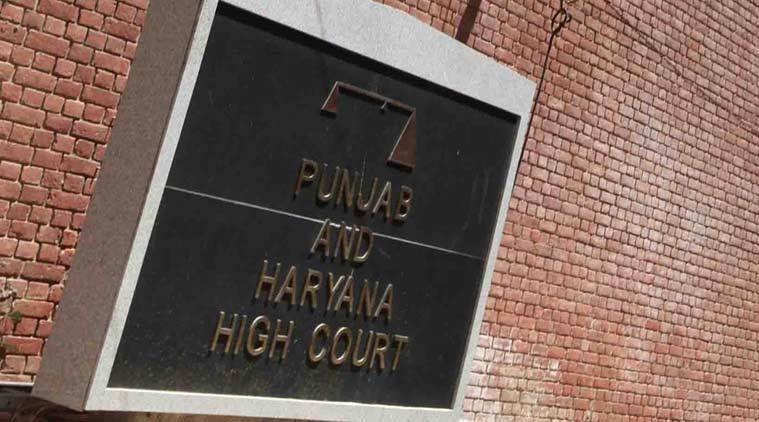 The PIL had cited a report published by the Indian Psychiatric Society, which, according to the petition, said that mental health issues have escalated by 20 per cent from pre-Covid times due to the economic distress, social isolation, family issues, domestic violence and non-availability of drugs or alcohol.
The PIL had cited a report published by the Indian Psychiatric Society, which, according to the petition, said that mental health issues have escalated by 20 per cent from pre-Covid times due to the economic distress, social isolation, family issues, domestic violence and non-availability of drugs or alcohol.
Responding to a PIL seeking directions for accessible and affordable mental healthcare services for people amid the pandemic, the Punjab and Haryana High Court said it would be “inexpedient” to interfere with the thought process of government authorities and implementation of various initiatives on ground when they are faced with an unprecedented situation and task.
The PIL had cited a report published by the Indian Psychiatric Society, which, according to the petition, said that mental health issues have escalated by 20 per cent from pre-Covid times due to the economic distress, social isolation, family issues, domestic violence and non-availability of drugs or alcohol.
The division bench of Chief Justice Ravi Shankar Jha and Justice Arun Palli declined to pass any order to the governments of Punjab and Haryana and the Chandigarh Administration.
“In the given situation, when the authorities are as it is faced with an unprecedented situation and task, and to the extent feasible, every possible measure is being taken to reach out to the masses to provide medical attention, it would rather be inexpedient to interfere with their thought process and implementation of various initiatives on ground,” the court said.
After hearing the state governments and UT Administration, the court said that every possible endeavour is being made by the authorities to contain the crises and extend mental health services, adding that various initiatives and programmes in this regard are already in progress and have yielded tangible results.
The Chandigarh Administration had earlier told the court that though Psychiatric OPD Services have been suspended at GMCH-32, a telemedicine facility has been made available and a dedicated toll free helpline has also been set up, which is manned by a team of psychiatrists and counselors.
A total of 1,451 calls have been attended to till June 19 for anxiety and other mental health related issues, the court was told.
The court, after reading the replies filed by Punjab and Haryana governments, said the steps taken by the states are closely parallel to the measures taken by Chandigarh.
While accepting that the concerns raised by the petitioner are well-founded, the court disposed of the petition and gave her liberty to approach the authorities with suggestions and inputs to help them address the issue.